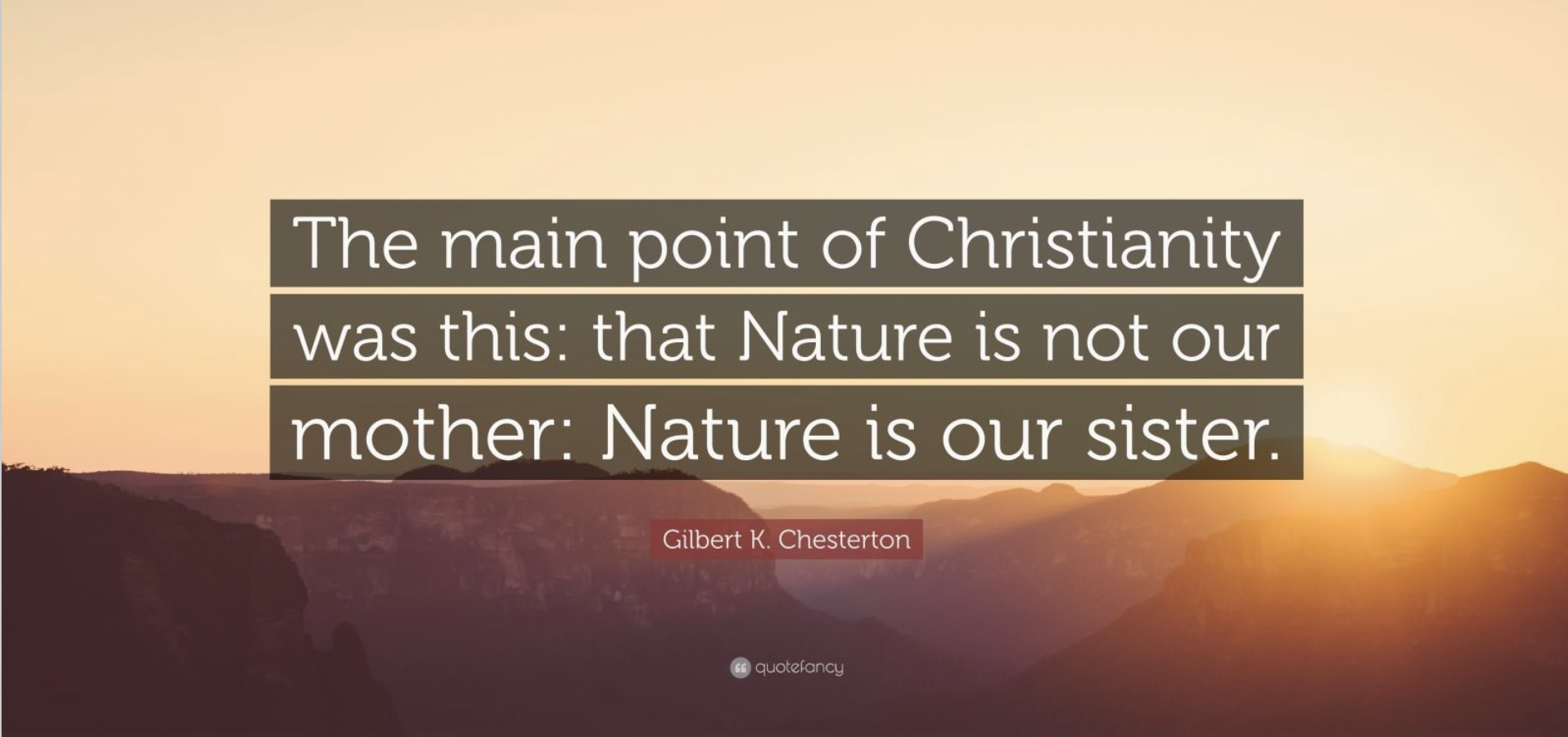Kerby Anderson
G.K. Chesterton once observed that, “When people stop believing in God, they don’t believe in nothing; they believe in anything.” Dennis Prager starts off with that quote to illustrate that nature has become a substitute god for many today.
That’s not surprising. Many pagan religions had some form of nature worship. They worshipped the sun god, the moon god, or the goddess of fertility. Today there is a religious foundation to the environmental movement. We need to protect Mother Earth. Back in the 1970s, James Lovelock developed the “Gaia hypothesis” and more recently noted that “environmentalism has become a religion.”
But nature worship has run into some tough times with this virus pandemic. Nature can be beautiful, but nature can also be brutal. Alfred Tennyson describes nature as “red in tooth and claw.” There are no moral laws. It is the survival of the fittest.
How should Christians think about nature? First, nature is part of the fallen world and should not be worshipped. G.K. Chesterton explained, “Nature is not our mother: Nature is our sister. We can be proud of her beauty, since we have the same father; but she has no authority over us.”
Second, in Genesis 1:28, God commands us to “Be fruitful and multiply and fill the earth and subdue it and have dominion.” Being fruitful (having children) is just the opposite of what environmentalists would allow. One of my professors at Yale was the founder of zero population growth, dedicated to limiting the number of children that could be born.
Moreover, environmentalists and animal rights activists reject the idea that humans should subdue nature and have dominion over the earth. An article by Lynn White in the 1960s even blamed Christians and this passage in Genesis for our environmental problems.
This pandemic is a reminder that nature is not a friend, and nature is not our god. The Christian worldview is the true picture of reality.
 Listen Online
Listen Online Watch Online
Watch Online Find a Station in Your Area
Find a Station in Your Area










 Listen Now
Listen Now Watch Online
Watch Online
